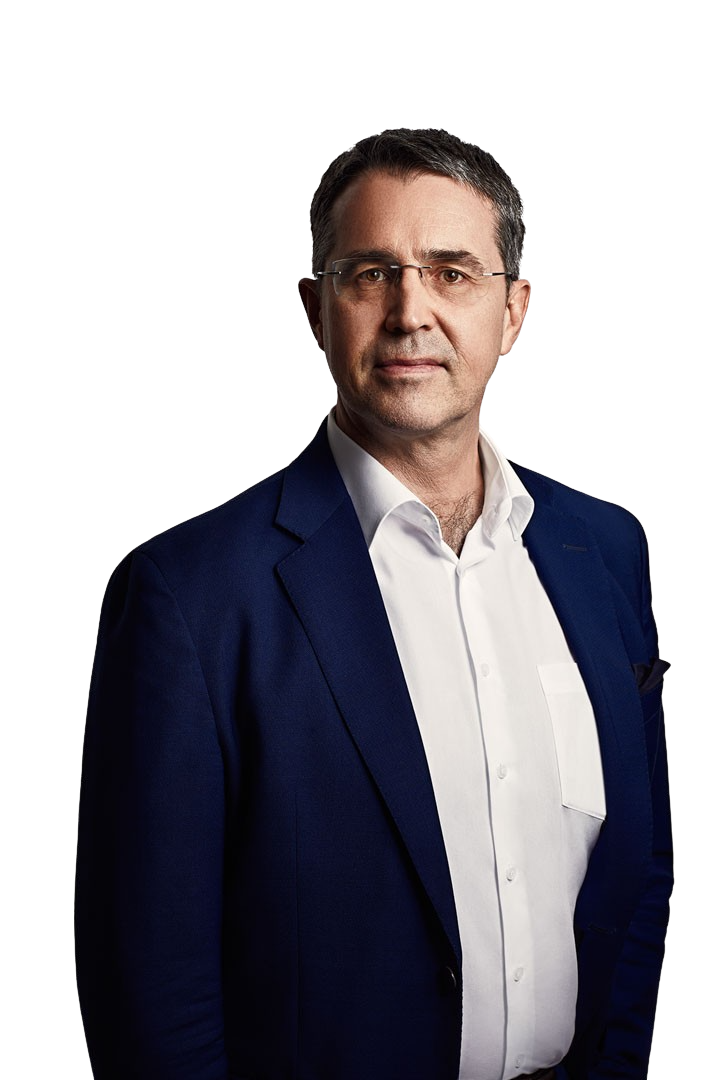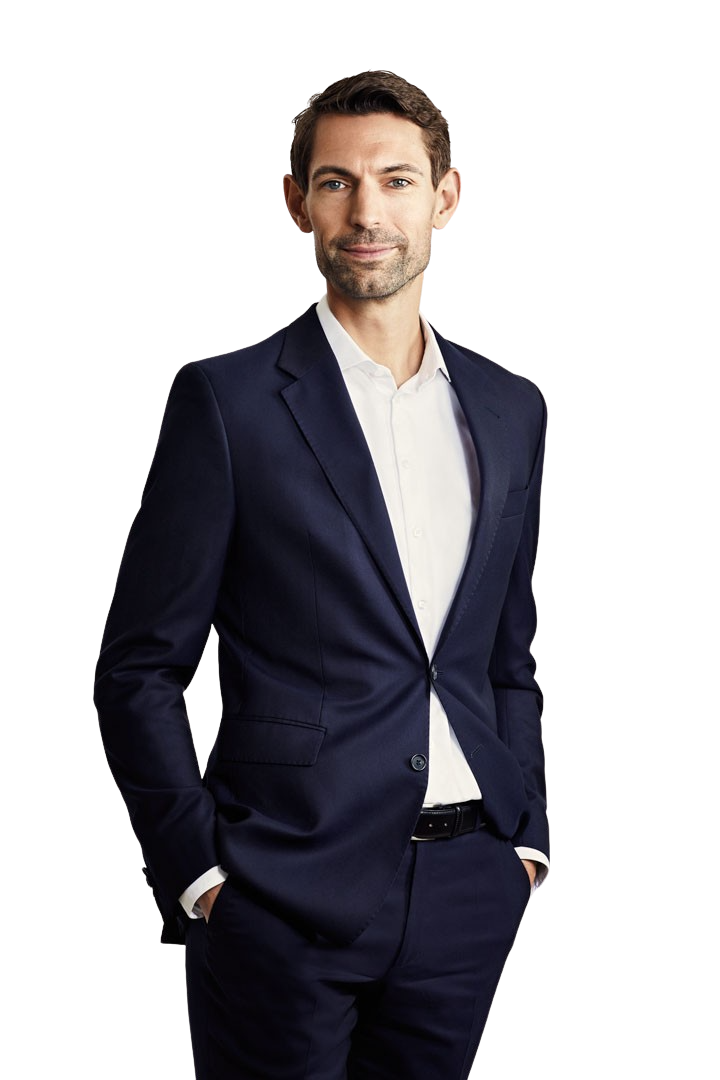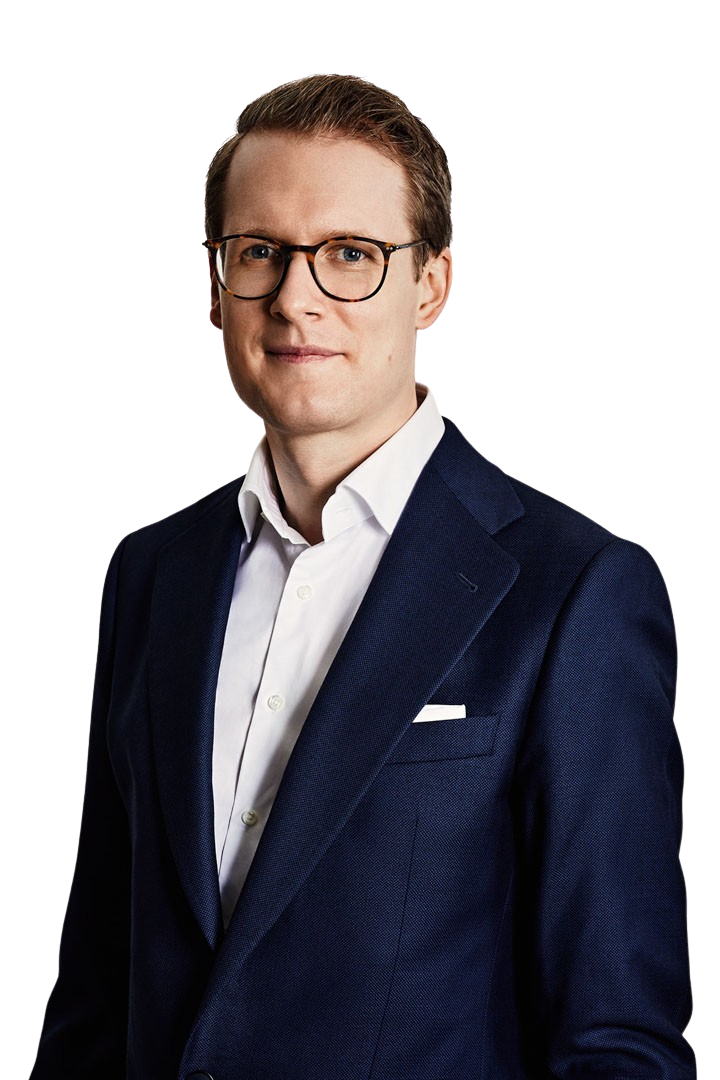t is a well-known and widely documented fact that the automotive industry is currently undergoing a transformation against the backdrop of electrification, software-defined vehicles, and autonomous driving.
But where are the automotive industry and its suppliers in particular heading in view of the current challenges and what options for action are currently open to them?
For a number of reasons, company managers in the automotive supplier industry are not to be envied at the moment and many look back ruefully on past times, which were characterized by good predictability of volume call-offs and an (often) generally cooperative and reliable relationship with the OEMs, among other things. After all, the picture today is very different: a flood of new manufacturers who are increasingly competing for volumes with existing customers. Highly volatile volume call-offs, especially for BEVs. Expensive innovations that do not pay off due to fierce competition and low prices. High input costs, which also vary greatly from region to region. Customers who have completely new and different needs. New, primarily software-driven OEMs that have drastically reduced development times and for whom the time-to-market factor is key. Established premium manufacturers whose flagship models are suddenly not selling, which can also call their technological leadership into question. European OEMs who prefer to work with suppliers from the Far East even when it comes to key innovation issues in order to cut costs, despite the massive risk. The labor market in Europe, and Germany in particular, has long been an obstacle to growth due to the shortage of skilled workers and further reductions in working hours. Risks are being successively avoided, especially relating to capital investment. The list goes on and on. The consequences can already be observed on the market when certain established suppliers withdraw from key growth segments such as sensors, batteries, or electric motors.
It is not currently clear where the whole thing will end. However, it is abundantly clear that China has a very special role to play in further developments, and for a great many reasons. On the one hand, the long-successful division of labor between production in China and development in the rest of the world is increasingly disappearing. Chinese companies not only produce, but are often highly innovative, especially in core domains such as BEVs. Although around seven times as many patents for motor vehicles are registered in Germany as in China, around four times as many patents for electric drivetrains were registered in China compared to Germany. The fact that China increased its number of patent applications by a factor of six between 2010 and 2020 alone shows where the journey is heading. On the other hand, Chinese OEMs will continue to grow and thus cause a power shift on the global automotive market. Moreover, Chinese suppliers will automatically continue to scale up due to their regional proximity and gradually expand their global presence. The trend is also reflected in the TOP 100: while there was only one representative from China in 2012, ten years later there were already nine and the number is expected to rise to around 20 by 2030 – not including any major acquisitions that may take place.
This paints a scenario in which Chinese suppliers in particular gain global market share and become drivers of innovation and high-tech solutions. In contrast, German suppliers in particular are having to rely more and more on very lean structures and cost advantages rather than an innovative edge, with production in Eastern Europe and other best-cost locations and an associated increase in the relocation of labor to other countries. How long companies will remain based in Germany once value creation has been relocated will primarily be a question of incentives provided by the state and the tax situation. This does not bode well for Germany, where employment figures in the automotive sector have already fallen from 808,000 in 2020 to 774,000 in 2022.
Suppliers in Germany in particular need to be aware of the transformation taking place and possible scenarios and prepare themselves accordingly. In any case, the topic of portfolio must be high on the agenda, as a targeted focus – even if this often means painful divestments in growth topics from an emotional perspective – enables resources to be allocated to topics with long-term competitiveness and margin potential. For the remaining topics in the portfolio, a radical change needs to be initiated by many suppliers, especially those based in Germany, including:
The challenges are huge and long-term success is anything but set in stone, which means swift and decisive action is essential.

Dr. Alexander Timmer (1981) joined Berylls by AlixPartners (formerly Berylls Strategy Advisors), an international strategy consultancy specializing in the automotive industry, as a partner in May 2021. He is an expert in market entry and growth strategies, M&A and can look back on many years of experience in the operations environment. Dr. Alexander Timmer has been advising automotive manufacturers and suppliers in a global context since 2012. He has in-depth expert knowledge in the areas of portfolio planning, development and production. His other areas of expertise include digitalization and the complex of topics surrounding electromobility.
Prior to joining Berylls Strategy Advisors, he worked for Booz & Company and PwC Strategy&, among others, as a member of the management team in North America, Asia and Europe.
After studying mechanical engineering at RWTH Aachen University and Chalmers University in Gothenburg, he earned his doctorate in manufacturing technologies at the Machine Tool Laboratory of RWTH Aachen University.

Dr. Juergen Simon (1986) is Associate Partner at Berylls by AlixPartners (formerly Berylls Strategy Advisors), an international strategy consultancy specializing in the automotive industry. He is an expert in sales and corporate strategies as well as M&A and can look back on many years of consulting experience.
Dr. Juergen Simon has been advising automotive manufacturers and suppliers since 2011 and has in-depth expert knowledge in the areas of holistic strategy development, business models and commercial due diligence. He also focuses on market entry strategies and topics related to the “Software Defined Vehicle”.
Prior to joining Berylls Strategy Advisors, he worked as senior consultant at the Droege Group, a consulting and investment firm.
As a graduate economist from the University of Hohenheim, he completed his doctorate at the Institute of Management at the Karlsruhe Institute of Technology (KIT) before joining Berylls.
